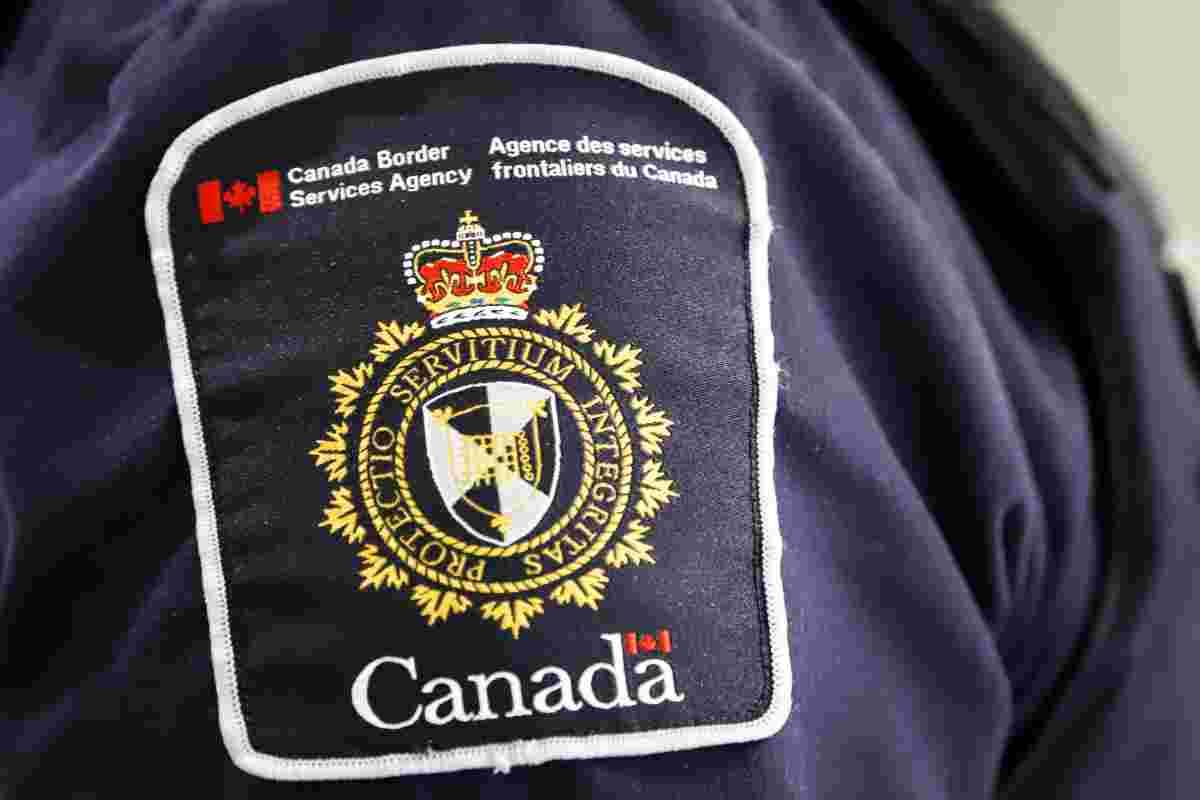Canadian officials have seized nearly 40,000 cannabis products in the last 30 months, with the bulk of confiscations occurring at postal offices.
The highest number of cannabis products seized in Canada was at international mail centres, according to data provided by the Canada Border Services Agency (CBSA), where officials confiscated 21,055 items between Jan. 1, 2018 and June 30, 2020.
An additional 12,285 seizures were made on roads and highways. On commercial aircraft and marine vessels there were another 3,998 and 700 seizures respectively.
The CBSA provided the statistics in an e-mail and said that the numbers include both declared cannabis forfeited to the CBSA and undeclared cannabis that was seized.
Despite the fact that cannabis (marijuana) is legal and regulated in Canada, it remains illegal to transport cannabis in any form – including any oils containing THC or cannabidiol (CBD), across Canada’s national borders whether you are entering or leaving Canada, CBSA spokesperson Louis-Carl Brissette Lesage said.
Additionally, receiving or sending cannabis in any form into or out of Canada by mail or courier is also illegal.
The interdiction of high volumes of e-commerce shipments and mail of late has been due to people’s ignorance of importation rules for cannabis and hemp products into Canada, Lesage said.
Unauthorized purchases from outside Canada (online or other) will also be confiscated at the border and may lead to arrest and criminal prosecution. Even trying to ship it or take it across international border is a criminal offence.
Between 2018 and 2020, a total of 23 incidences resulted in charges being laid by police.
“The best rule of thumb is: Don’t bring it in, don’t take it out,” Lesage said.
But sometimes people are caught bending this rule of thumb too.
Kyla Lee, a Vancouver based lawyer who specializes in cannabis law, said that people find themselves in a predicament when they buy cannabis in U.S. states where it’s also legal like Washington or California and try to bring back a small amount into Canada.
“They think it’s fine to bring back some of the leftover purchase along with them, but it’s still illegal to bring in cannabis across the border,” Lee said.
Getting caught entering the U.S. with cannabis can get a person a lifetime entry-ban and charges for “importing” cannabis products.
“In Canada, at times CBSA officers exercise their discretion if it’s a small amount,” Lee said. But people are liable for their conduct at borders, Lee said, adding that border control agencies emphasize this and even have declaration forms with specific cannabis-related questions.
“The expectation on you in our legal system is that you’ve read up on all that you are not allowed to bring before you cross borders,” Lee said.
However, if people are arrested or detained at the border for cannabis possession, they can exercise their legal rights and request to contact a lawyer, Lee said.
“Don’t make any statements before you have the opportunity to speak to a lawyer and get legal advice. Everything you say is evidence that can be used against you,” Lee said.

